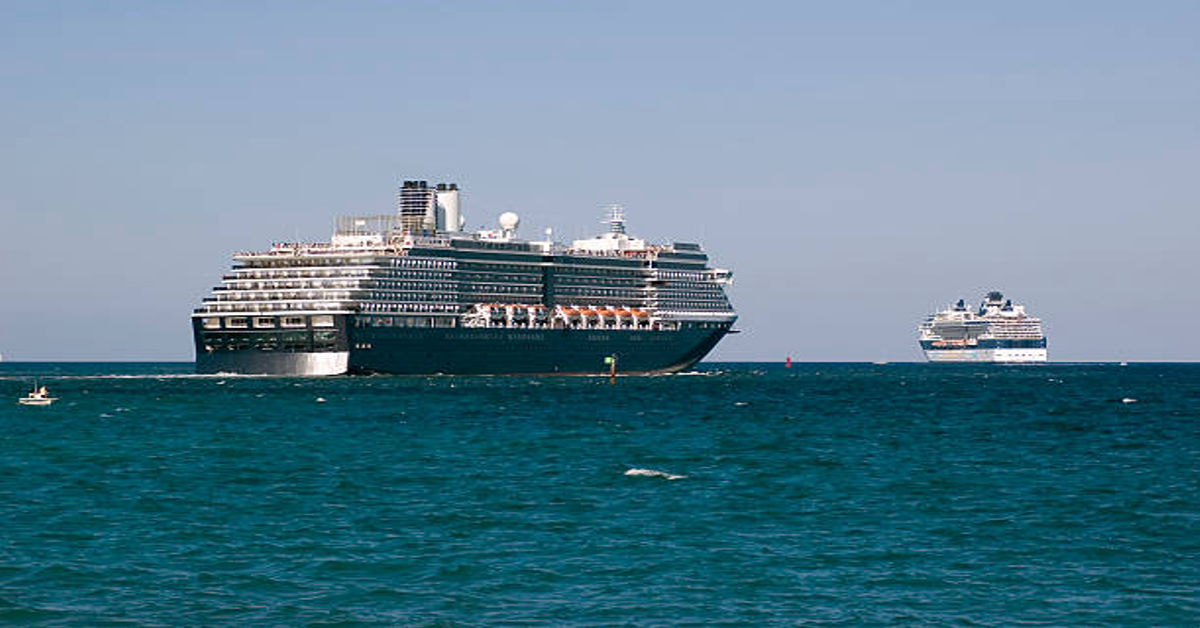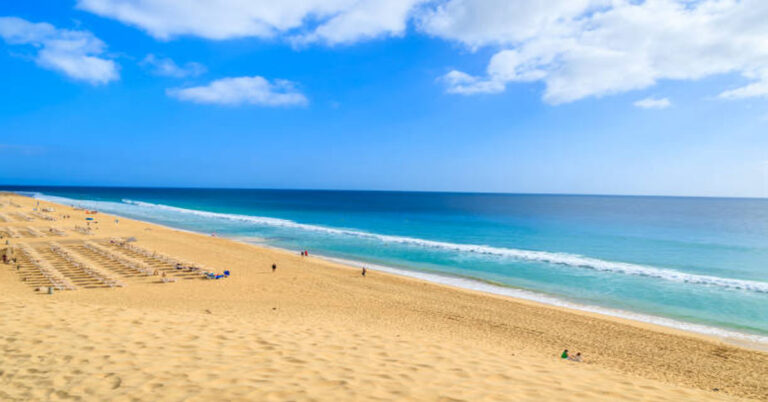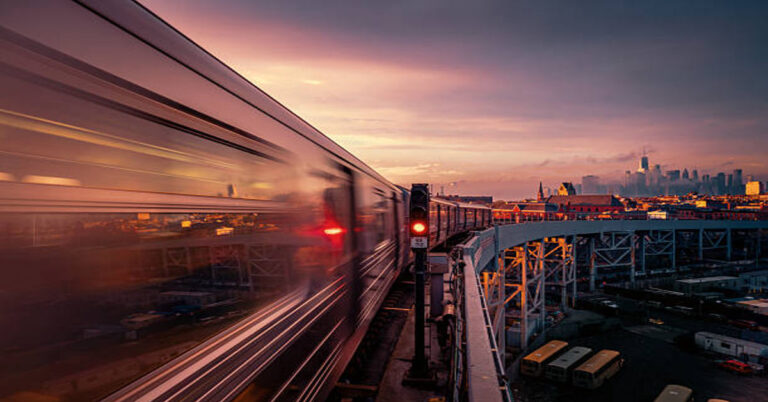
Cruise Ship Atlantic Stranded Passengers is often viewed as one of the most peaceful, engaging, and carefree ways to explore oceans and multiple destination ports in a single vacation. Many passengers board cruise ships with visions of restaurants on the water, live music, sunny decks, new friendships, and unforgettable scenery beneath white clouds and blue skies. While this is the experience for most travelers, rare situations can develop in which a cruise ship becomes stranded in the Atlantic Ocean, unable to immediately reach port or resume its planned route. Although uncommon, when such events occur, they represent high-stress situations for passengers, crew, and operating companies alike. Stranded ships in the Atlantic can be caused by mechanical breakdown, extreme weather, navigational challenges, medical emergencies, supply shortages, or even port closures. Such circumstances test the preparedness of the crew, the robustness of maritime training, and the patience and adaptability of passengers who must rely on the ship’s leadership for survival, safety, and reassurance.
This comprehensive article explores the phenomenon of cruise ships stranded in the Atlantic with passengers onboard. It is not an account of any particular historical event but rather an expansive exploration of what such a situation looks like, how it develops, how passengers may feel and respond, how the ship crew manages operational requirements, what maritime laws define responsibilities at sea, how logistics such as food and medical supplies are handled, how communication is distributed, and the ultimate process of resolution. The goal is to create a deep, balanced, and educational understanding of how such a situation unfolds so travelers, readers, and maritime enthusiasts can better appreciate the complexity of ocean travel and the systems that exist to protect passengers even when a ship is far from help in the middle of the Atlantic Ocean.
Understanding How and Why Cruise Ships Can Become Stranded in the Atlantic
Modern cruise ships are engineering marvels featuring multiple engines, redundant systems, advanced navigational software, and large crews with professional training in marine operations. Despite this, maritime reality dictates that the ocean is unpredictable, and mechanical systems, human operations, and natural forces can interrupt otherwise smooth travel. A stranded cruise ship in the Atlantic usually reaches such a condition due to one or more contributing factors, each with its own risks and logistical implications.
Some common categories of causes include mechanical failure, weather events, port unavailability, medical conditions requiring deviations, propulsion issues, navigational restrictions, and fuel or system shortages. Ships may also become stationary temporarily while repairs are underway or while they await clearance from port authorities. Understanding the complexity of these issues gives better insight into how ocean travel requires vigilance and preparation.
Main Causes of Cruise Ship Stranding Situations
| Cause Category | Description | Impact on Passengers |
|---|---|---|
| Mechanical Failure | Engine, propulsion, or control system malfunction | Limited mobility, slower travel, longer wait for rescue or repair |
| Severe Weather | Atlantic storms, hurricanes, rogue waves | Ship may hold position for safety, delays in port arrival |
| Navigational Restrictions | Port closures, maritime traffic rules | Ship forced to wait offshore |
| Medical Emergency | Must stop or alter course to address passenger or crew health issues | Delayed arrival but safety prioritized |
| Supply or Fuel Shortage | Rare but possible with miscalculations or unexpected rerouting | Conservation of resources on board |
| Communication System Issues | Reduced satellite or radio ability | Slower coordination with external authorities |
Cruise operators normally plan routes down to small details, but the nature of ocean travel means unexpected complications can happen and must be managed in real time.
Passenger Experience: Emotions, Uncertainty, and Adaptation
Passengers on a stranded cruise ship in the Atlantic experience a wide range of emotions that evolve over time. At first, many may feel mild annoyance or inconvenience if the ship stops unexpectedly or delays arrival. At this early point, frustration is often low because passengers assume the interruption will be temporary and resolve quickly. Cruise crews usually provide announcements and updates to reduce uncertainty, and entertainment systems remain active.
However, if the stoppage lasts longer, emotional reactions may intensify. Feelings of boredom may emerge, particularly if access to pools, outdoor spaces, or onboard activities is limited due to weather or power restrictions. Anxiety can rise if passengers receive limited updates, as uncertainty during an emergency can be more distressing than the emergency itself. Some passengers might begin to worry about safety, food supplies, medical needs, or the well-being of relatives back home.
One of the most defining emotional characteristics of passengers in such a situation is the shift from individual expectations to collective adaptability. Groups bond, conversations extend, new relationships form, and shared challenges create a deeper connection among travelers. Cruise staff, who are trained in guest management, generally play a major role in stabilizing morale by providing structured activities, reassuring communication, and visible leadership.
Passengers who are better mentally prepared for ocean travel usually understand that maritime conditions cannot always be controlled. They remain calm as long as food, shelter, electricity, and basic needs are met. Those with higher anxiety or fewer coping mechanisms may struggle more as time passes. Clear communication and reliability from leadership are the single strongest stabilizers for passenger emotional well-being.
Life Aboard a Ship Temporarily Stranded in the Atlantic
If a cruise ship is stranded in the Atlantic but still fully operational in terms of power, electricity, lighting, and air systems, most of the ship remains functional. Passengers can eat meals, access standard amenities, sleep in cabins, use restrooms, and maintain hygiene. The ship essentially becomes a floating temporary hotel with limited mobility but full survival systems in place.
However, if a ship suffers major power loss, the internal experience can become significantly more challenging. Lighting may be limited, elevators might be offline, refrigeration can require emergency reallocation, and air handling may be reduced. Crew members must work around the clock to ensure safety, distribute updates, and maintain critical services.
Table: What Typically Remains Operational During a Partial System Failure
| System | Likely Operational? | Notes |
|---|---|---|
| Basic Lighting | Yes (priority circuits) | Emergency electrical systems take precedence |
| Water Access | Mostly yes | Reserve tanks and gravity systems help |
| Toilets | Usually functional | Waste systems are prioritized |
| Refrigeration | Depends | High-priority food stored first |
| Elevators | Possibly offline | Crew assists passengers with limited mobility |
| Kitchens | Limited or modified | Menus become simpler to conserve power |
| Entertainment Systems | Often reduced | Crew may switch to manual or non-electronic activities |
Ships are designed with redundancies so that even in difficult situations, conditions remain manageable until external support arrives.
Crew Responsibilities and Internal Command Processes
Crew members on a cruise ship stranded in the Atlantic have one central responsibility: uphold the safety and well-being of everyone onboard. Maritime professionals undergo training in emergency logistics, technical operations, crisis communication, and crowd management. Every ship has a chain of command led by the captain, making decisions based on marine regulations, fuel calculations, weather analysis, navigational risk, and communications with coastal authorities or company headquarters.
During a stranding incident, the crew divides duties among multiple operational categories:
- Engineering and Mechanical Teams
- Bridge Navigation Officers
- Hospitality and Food Service Staff
- Medical Personnel
- Communication Officers
- Passenger Assistance Staff
- Emergency Response Teams
- Cleaning and Sanitization Crews
Each team must coordinate continuously. Engineers try to restore propulsion or repair systems. Navigators maintain situational awareness of nearby ships, water depth, weather patterns, and potential rescue vessels. Hospitality workers manage meal distribution and seek to keep passengers calm through routine and normalcy. Medical staff check for passengers requiring medication access, injury care, or stress treatment.
Communication is critical. Emergency training teaches crew to deliver transparent yet calming updates, neither hiding nor dramatizing the situation. The professionalism of the crew determines whether passengers feel reassured or spiraling into uncertainty.
Communication Protocols with Passengers and Authorities
Once a cruise ship becomes stranded in the Atlantic, communication begins on two fronts: internal passenger communication and external maritime coordination. Passengers are typically informed through intercom announcements, cabin televisions, onboard workstations, or printed updates. Calm, factual information helps prevent rumor escalation, which can increase anxiety faster than the incident itself.
Externally, the ship’s captain contacts:
- Coast guard authorities
- Company headquarters
- Other ships within the region
- Satellite communication services
- Marine response organizations
The ship logs maintain all exchanges, ensuring compliance with maritime law. Even if out of engine power, ships have emergency radio and satellite systems independent of propulsion energy.
Maritime Law Responsibilities When a Ship Is Stranded
Maritime law has frameworks governing ship operations, responsibilities, and rescue obligations when a ship is immobilized in international waters. Legally, the captain is responsible for the safety of all individuals onboard, including both passengers and crew. If a repair cannot be conducted without external assistance, nearby vessels can be requested to assist if able. Many cargo ships, naval vessels, or other cruise ships have helped stranded vessels historically because maritime rescue is a long-standing maritime code of duty.
Food, Water, and Resource Management During Extended Delays
A major concern for cruise ship passengers during a stranding event is whether food and essential supplies may run out. Cruise ships normally store substantial food reserves because they must feed thousands of people for many days at sea. However, extended delays require ration planning, menu simplification, and careful management of refrigeration systems, especially if the main power grid is partially offline.
Table: How Resources Are Managed in an Extended Delay
| Resource | Management Strategy |
|---|---|
| Food | Shift from diverse meal options to standardized serving cycles; prioritize perishables early |
| Water | Utilize onboard desalination systems if operational; otherwise ration reserves |
| Medical Supplies | Triage based on urgency; maintain emergency stock |
| Air Systems | Use priority power routing to keep ventilation in critical zones |
| Fuel | Minimized engine testing to conserve reserves for restart attempts |
Passengers may find that dining transitions from buffet or specialty restaurant service to buffet-line rationing or pre-plated basic meals. While this change may disappoint some travelers, safety and resource longevity take precedence.
Medical Considerations and Vulnerable Passengers
Modern cruise ships have medical teams equipped to handle many types of onboard emergencies. However, a stranded situation in the Atlantic introduces additional complications. If someone suffers a severe injury, stroke, heart attack, or needs emergency surgery, the ship may require medical evacuation by helicopter or diversion to the nearest reachable port. Such actions depend heavily on weather, ship location, and available support.
Passengers with chronic conditions—such as diabetes, heart disease, or respiratory illness—may experience stress during prolonged delays. Medical staff often monitor vulnerable passengers more frequently, providing reassurance and care within the ship’s capabilities. Maintaining medical stability is a primary focus until the ship reaches port or assistance arrives.
Environmental Conditions and Atlantic Weather Risks
The Atlantic Ocean is known for varied weather patterns, and ships stranded for an extended period can experience rolling waves, temperature shifts, fog, wind pressure, or seasonal storm systems. In normal cruising conditions, ships move smoothly enough to stabilize internal forces. When stationary, they may feel more of the ocean’s natural movement, which can increase motion discomfort for some passengers.
Heavy weather presents additional logistical issues:
- Opening outdoor decks may become unsafe
- Crew may need to restrict passenger movement
- Loose objects must be secured
- Communication systems become critical if satellite systems face interference
However, cruise ships are designed with stabilization systems capable of maintaining relative steadiness even without propulsion. Crews monitor wave direction and wind speed to position the ship in the safest orientation until movement becomes possible.
Psychological Resilience of Passengers and Crew
One of the most overlooked dimensions of cruise ship stranding situations is the psychological challenge passengers face. Humans are comfortable when in control or when they feel someone trustworthy is in control. When the ship stops unexpectedly and the situation lasts longer than anticipated, some passengers may feel trapped or vulnerable. The enclosed nature of a ship amplifies internal emotions, as no one can leave until the situation resolves.
Crew members help maintain stability by:
- Maintaining predictable routines
- Engaging passengers with low-resource entertainment
- Facilitating bonding activities
- Offering reassurance through visibility and presence
Humans cope best when they feel informed. Passengers who receive clear instructions, realistic timelines, and respect from leadership usually maintain composure even in difficult conditions.
Technological Redundancies That Prevent Worst-Case Scenarios
Cruise ship engineers design systems with layers of redundancy, meaning no single failure should completely cripple the vessel. Ships typically have:
- Multiple engines
- Backup generators
- Reserve fuel stores
- Emergency lighting
- Satellite communication
- Reserve water storage
- Multiple propulsion controls
- Mechanical diagnostics
Even in scenarios where main propulsion fails, the ship can survive comfortably for days while awaiting repairs or tugboat assistance. The greatest risks are psychological rather than structural—most passengers see the ocean and worry that the ship is alone and unprotected, when in reality multiple systems of rescue, communication, and planning are always active.
When and How Rescue or Resolution Occurs
Resolution depends on the nature of the initial cause. Common outcomes include:
- Engine repairs completed at sea
- Tugboats dispatched to tow the vessel
- Weather clearing and travel resuming
- Port finally granting access
- Reduced-power travel to nearest safe harbor
Maritime rescue priorities always start with human safety. It is never acceptable under maritime law for a ship operator to leave passengers unsupported. Once the ship reaches port, normal disembarkation occurs, though processing may involve additional administrative steps.
Lessons Passengers Learn From Such Experiences
Many passengers who have experienced stranding at sea report that, despite initial frustration, the situation increased their respect for:
- The ocean and its unpredictability
- The professionalism of maritime crews
- The engineering sophistication of cruise ships
- The importance of mental resilience
- The shared humanity among strangers facing common challenges
Such events highlight that humans, despite modern technology, remain connected to nature’s greater power, and the ocean is one environment where humility is essential.
Conclusion
A cruise ship stranded in the Atlantic with passengers onboard is a situation that tests the preparedness of crew, the structure and engineering of the ship, and the emotional resilience of travelers. These rare events serve as powerful reminders that ocean voyages require trust in trained professionals, redundant systems, maritime law, and shared patience. While difficult, such experiences are usually manageable because cruise ships are designed with survival in mind, and crews are trained to prioritize safety, resource management, and communication. Passengers emerge from such events with deeper awareness of maritime reality and renewed appreciation for the systems that ensure their care, even far from land under the endless expanse of the Atlantic Ocean.
FAQs
1. What normally causes a cruise ship to become stranded in the Atlantic?
Mechanical issues, severe weather, port closures, or operational challenges can temporarily prevent a cruise ship from moving or docking.
2. Are passengers safe when a cruise ship is stranded at sea?
Yes, modern ships have backup systems, emergency procedures, trained staff, and robust maritime protections designed to ensure passenger safety.
3. Do food and supplies run out during extended delays?
Cruise ships carry large reserves, and crews adjust menus and ration plans to ensure food and water remain available until assistance arrives.
4. How does communication work during such incidents?
Captains and crew provide regular passenger updates while coordinating with coastal authorities, maritime agencies, and company headquarters.
5. Can passengers be evacuated if there is a medical emergency?
Yes, depending on weather and location, evacuation helicopter assistance or ship-to-ship transfer can be arranged for serious medical needs.







